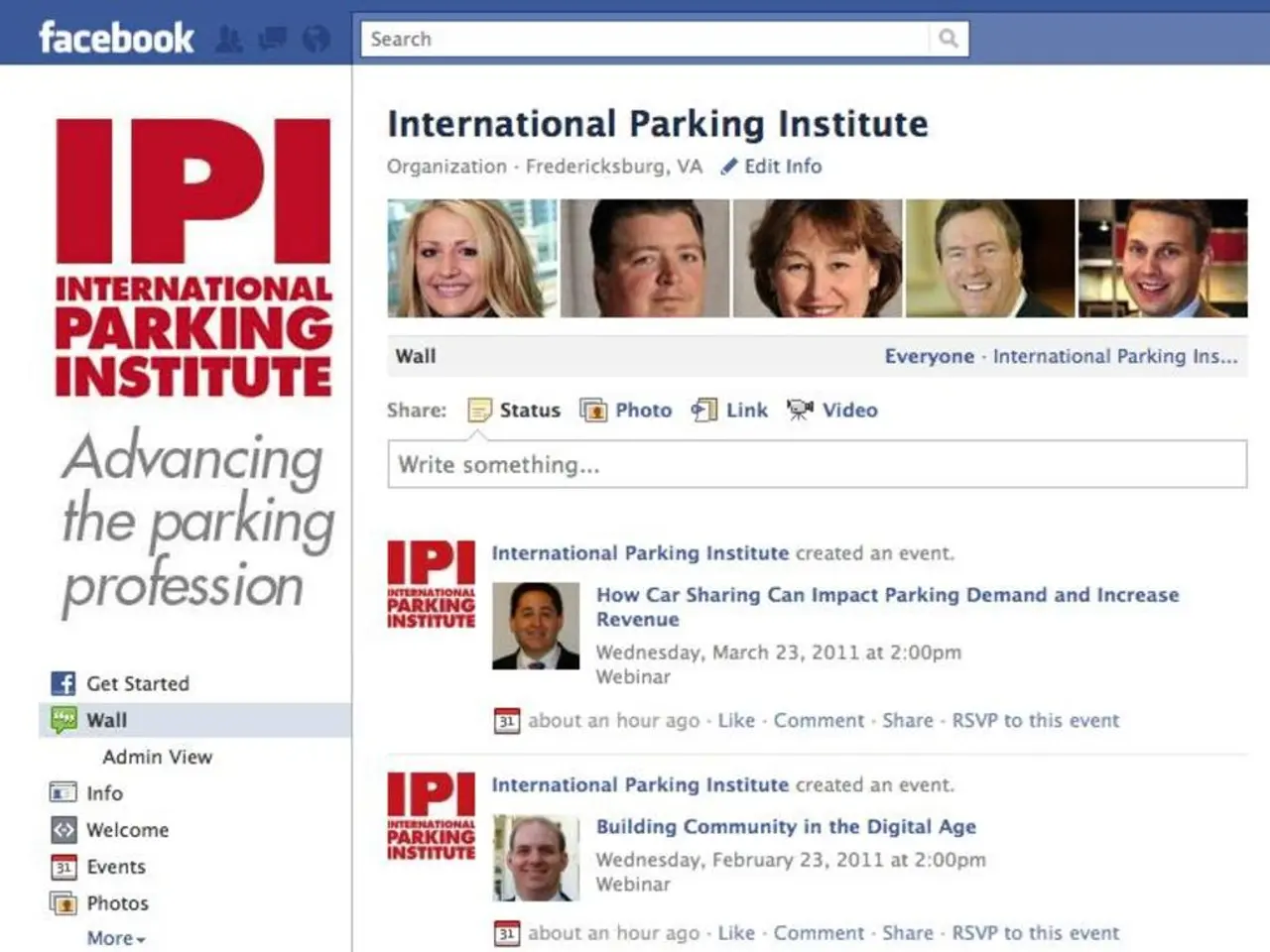Challenges Faced by Psychology Students in India
Struggles Faced by Psychology Students: A Look at Microaggressions and Stereotypes
Psychology, a field that offers diverse career paths beyond therapy, is often misunderstood by the general public. Despite its immense importance in various aspects of life, it is frequently viewed as intuitive mind-reading rather than the science of behavior and mental processes.
For psychology students, this misconception can lead to a host of challenges. They are often expected to be experts in emotional regulation and perfectionism, leaving little room for their own emotional reactions. This pressure, combined with repeated dismissive comments questioning the legitimacy of their field and academic pursuits, can lead to internalized doubt and imposter syndrome.
Moreover, students may find themselves in situations where they are expected to provide emotional support and advice to friends, despite their boundaries and personal lives. This expectation, coupled with the prevalence of microaggressions, can be overwhelming.
Microaggressions are subtle verbal or non-verbal behaviors that can be perceived as hostile or derogatory, whether or not they are intentional. Common forms include microassaults, microinsults, and microinvalidations. In the context of psychology, microinsults might involve questioning a student's research methods or understanding based on preconceived notions of their background.
Stereotypes faced by psychology students can be particularly damaging when they intersect with bias. For example, stereotype threat occurs when students are anxious about being judged or treated based on negative stereotypes about their social group. This can lead to increased anxiety and self-doubt, affecting academic performance and mental well-being.
Implicit bias, another issue, can lead to assumptions about students' academic capabilities based on their identity, such as race, gender, or socioeconomic status. This can impede academic success and reinforce stereotypes in educational settings.
Professional stereotypes also impact psychology students. There might be stereotypes about what makes a "good" psychologist, such as assumptions about personality traits or backgrounds. These stereotypes can affect how students perceive their own potential in the field.
Addressing these issues requires a comprehensive approach that includes education about implicit bias, stereotype threat, and the impact of microaggressions on students' experiences and well-being. By fostering a more accurate understanding of psychology and its importance, we can help create a more supportive and inclusive learning environment for students in this field.
Pursuing psychology involves rigorous research, clinic hours under supervision, and multiple internships. Despite the challenges, the field continues to attract students who are passionate about understanding human behavior and mental processes. However, the portrayal of psychology in media and among the general population often fails to encompass its scientific basis, leading to a lack of awareness and stigma around the field.
In conclusion, psychology students face unique challenges due to the misconceptions and stereotypes surrounding their field. By promoting a more accurate understanding of psychology, we can help create a more supportive and inclusive environment for students and advance the field as a whole.
[1] Steele, C. M., & Aronson, J. (1995). Stereotype threat and the academic underperformance of African Americans. Journal of Personality and Social Psychology, 69(5), 797-811.
[2] Green, M. C., & Ashmore, R. D. (2007). Stereotype threat and academic performance: A meta-analytic review. Psychological Bulletin, 133(1), 28-50.
[3] Correll, J., Park, B., & Judd, C. M. (2002). A penalty for prejudice: The social psychology of racial disparities in criminal sentencing. Journal of Personality and Social Psychology, 82(6), 875-890.
- Initiatives for education and self-development could focus on raising awareness about the scientific nature of psychology and debunking common stereotypes, as this understanding can mitigate the negative impact of microaggressions on students' mental health and overall well-being.
- In their pursuit of education in psychology, students also encounter professional stereotypes that may hinder their self-perception and aspirations in the field, calling for an emphasis on diversifying the portrayal of psychologists to foster a more inclusive and accurate representation.




